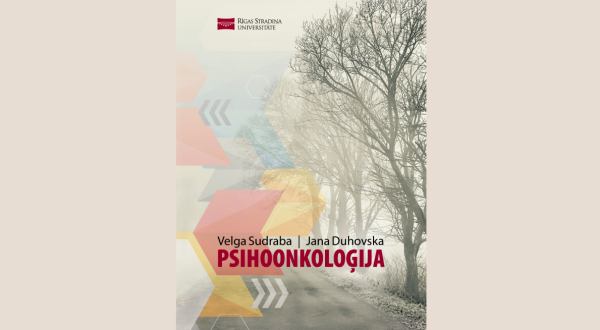Experts from RSU Study COVID-19 Personal Protective Equipment
‘Due to the limitations of movement caused by personal protective equipment (PPE), doctors tend to get tired faster as the body’s energy consumption increases – oxygen intake increases by 11%, and the heart rate increases by 6%,’ says Professor Aivars Vētra from the Rīga Stradiņš University (RSU) Faculty of Rehabilitation. According to Prof. Vētra, doctors who work in COVID-19 PPE on a daily basis should work shorter hours, and the standard routine should be replaced with a six-hour working day.
Under the leadership of Prof. Vētra, a team of researchers is working on developing safe and ergonomic PPE for physiotherapists, occupational therapists, and other functional specialists. To find out the physical limitations and inconveniences of working in COVID-19 PPE, the researchers interviewed 163 healthcare professionals and tested their freedom of movement when wearing the protective clothing in a clinic, compared to when they conducted similar therapeutic activities in sportswear.
The study confirms that the use of PPE reduces the physical abilities of medical staff, increases their energy consumption, and speeds up breathing and heart rate.
‘Without shortening the working day that they spend in PPE, our medical care system may lose more and more doctors due to burnout. Working until exhaustion is not a good solution,’ says Prof. Vētra.
He adds that research is being carried out in cooperation with Assoc. Prof. Ivars Vanadziņš, the Director of the RSU Institute for Occupational Safety and Environmental Health, and with Assoc. Prof. Inga Dāboliņa from Riga Technical University (RTU).
RSU lecturer and occupational therapist Rūdolfs Cešeiko has compared the indicators of physical activity from working out on an exerciser in protective clothing versus doing so in casual wear.
‘When working in protective clothing, the body warms up faster, and the routine workload requires higher energy consumption, which can approach the maximal limit of a person’s capacity,’ emphasises Cešeiko.
The occupational therapist indicates that resting regularly is necessary after working in PPE. An intensive hour of working should be followed by a 30-minute break, for example.
Artūrs Šilovs, Chairman of the Board of the Latvian Junior Doctors’ Association and lecturer at RSU, also supports the need to reduce the risk of medical burnout both by limiting the number of working hours spent in PPE and through other options, such as additional leave for staff working in specialised COVID-19 departments. ‘During an emergency, medical staff, especially employees in specialised departments, are exposed to greater physical and emotional stress, so it is necessary to think in advance about the possibilities for these specialists to avoid burnout in the future,’ says Šilovs.
Related news
 Book on psycho-oncology: resource for studies, professional practice and patient supportPsychology, For Students, Books
Book on psycho-oncology: resource for studies, professional practice and patient supportPsychology, For Students, Books


